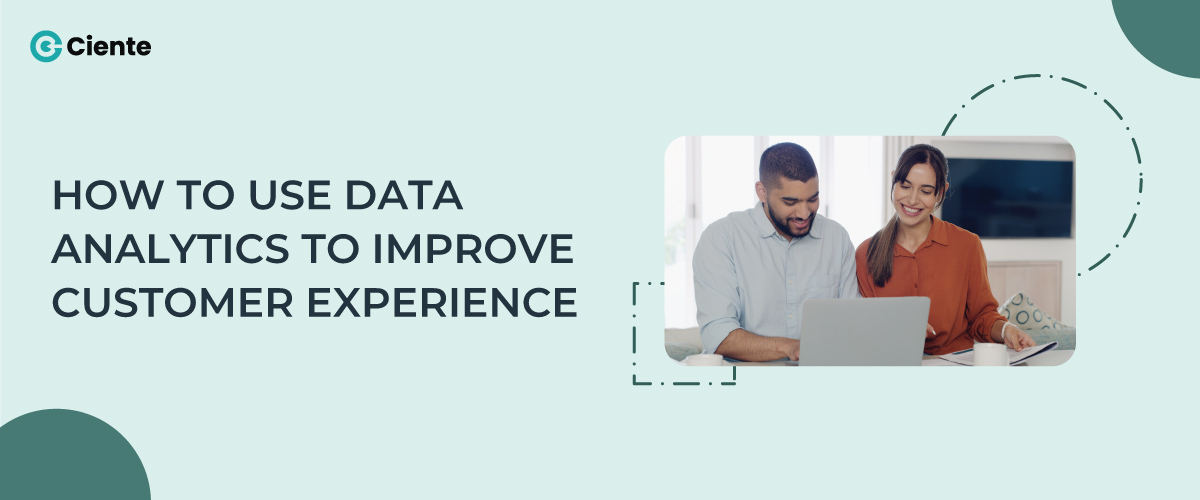Embracing AI’s potential in marketing: transforming customer engagement, personalizing ads, and navigating the privacy paradox.
Artificial intelligence in marketing has emerged as a key player, bringing about astonishing changes across a wide range of sectors in a time defined by constant developments and transformations in the digital landscape. The marketing industry, known for being at the forefront of technological innovation, is experiencing a significant transformation, driven by the profound impact of Artificial Intelligence.
Once confined to the realm of science fiction and the tech elite, AI has already established a firm foothold in the real world, permeating many facets of our daily life. It is impossible to overlook the prevalence of artificial intelligence (AI), which is used in everything from simple voice-activated virtual assistants like Siri and Alexa to intricate applications in healthcare diagnostics and autonomous cars. As AI develops further, marketing companies throughout the world investigate its application, hoping to improve workflows, streamline procedures, and, most importantly, revolutionize their customers’ experiences.
This article discusses how AI is impacting the modern marketing realm and what the future holds for it.
Artificial Intelligence in Marketing: A Revolution in Progress
AI marketing is one of the most significant innovations at the convergence of AI technology and marketing techniques. Big data, machine learning, and cognitive computing are being used to completely reimagine marketing, and this sector is expanding and innovating at an astounding rate.
In 2021, the valuation of the artificial intelligence (AI) market within the marketing sector stood at an impressive 15.84 billion U.S. dollars. According to projections, this figure is set to skyrocket, potentially exceeding 107.5 billion dollars by the year 2028.

Automating operations to increase efficiency is one benefit of using AI in marketing, and optimizing efforts to better meet client wants is another. At the same time, the data-driven insights it gives assist firms remain ahead of the competition in today’s ferociously competitive market.
However, artificial intelligence (AI) has considerably more applications in marketing than just automation and prediction. Artificial intelligence (AI) refers to a dynamic, learning system that changes and improves over time in response to new information and interactions. This capability to learn and adapt, along with its enormous data-holding capacity, has led to a sea change in contemporary marketing theory.
To fully appreciate the transformative impact of AI technology in marketing, we need to delve deeper into its diverse applications: customer interactions, content creation, advertising, data analysis, and predictive analytics.
Artificial Intelligence Chatbots: Revolutionizing Customer Interactions
Artificial intelligence chatbots are among the most tangible and influential implementations of AI technology in marketing. Thanks to sophisticated algorithms, these AI-enabled chatbots are able to convincingly mimic human communication. Chatbots allow businesses to provide instantaneous, personalized assistance around the clock, regardless of the customer’s location or the time of day.
AI-driven, individualized engagement is replacing the days of impersonal, one-size-fits-all customer service. Chatbots may handle everything from answering questions to aiding with purchases to making recommendations based on a user’s specific interests and behavior in real-time and with a high degree of personalization. A human services representative, in essence, but with more accessibility and productivity.
In today’s digital age, when consumer expectations have skyrocketed, this transition is more important than ever. Customers expect immediate, precise responses and unique interactions. Artificial intelligence chatbots not only deliver on these promises but also help organizations save money in the process
Generative AI: The New-age Content Creator
A revolutionary use of AI, generative AI has completely disrupted the content marketing industry. Producing high-quality, personalized content at scale is made possible by generative AI’s ability to create multiple forms of content, design visuals, and even ideate.
Recent findings from a survey indicate that the marketing and advertising industry leads the pack in embracing generative AI technology.

No human input or programming is required for an AI model to automatically learn from data, form conclusions, and produce output. This opens up a world of opportunities for marketers, from sending out appealing emails and social media postings to building user-friendly websites and creating hyper-specific advertisements. The ability to produce interesting, personalized content quickly and on a big scale is a major asset in today’s information economy, where “content is king.”
Instead of replacing human ingenuity, generative AI seeks to enhance it. It addresses the issues of speed and scalability, allowing human marketers more time for creativity and strategic planning as well as better decision-making based on AI-generated data
AI in Data Analysis and Customer Segmentation
The ability of artificial intelligence to sift through mountains of data and draw profitable conclusions is revolutionizing how companies learn about their customers. Data on demographics, psychographics, and behaviors can be processed by AI algorithms to reveal patterns, trends, and correlations that would be difficult or time-consuming for human analysts to spot. These nuggets of knowledge can provide a 360-degree perspective of the customer’s journey, allowing for more precise and efficient marketing campaigns.
In addition, AI-powered client segmentation paves the way for more customized advertising campaigns. Customers’ buying habits, tastes, and chances of conversion are only some of the criteria that can be used by AI to divide them into distinct groups. Marketing strategies, product planning, and customer service can all benefit from the information provided by these in-depth profiles of the company’s clientele.
AI Technology in Advertising: Redefining Marketing Efficiency
There are now more efficient and tailored advertising options owing to the introduction of AI technology. Businesses may improve their advertising efforts with the use of AI-powered predictive analytics and data-driven insights, allowing them to reach out to customers with relevant, personalized content that increases engagement.
Artificial intelligence’s ability to recognize patterns, examine large databases, and forecast future trends gives marketers an advantage. Customers’ tastes, purchasing habits, and engagement patterns can all be deciphered by AI. Marketers can use these findings to learn when and how to engage customers most effectively, as well as which content kinds and advertising channels produce the best results.
AI and Predictive Analytics: A Glimpse into the Future
Another area where AI is having a major impact is predictive analytics. Data from the past and the present can be analyzed by AI to provide insight into what will happen next. Predictive analytics is a beneficial tool in marketing because it allows companies to understand their customers’ wants and needs in a better way, predict future sales, and enhance existing products and services.
Predictive analytics enabled by AI can help organizations find new high-value consumers, anticipate client defections, and fine-tune their pricing. It can also help predict market trends, giving businesses an edge. Predictive analytics is already a vital part of marketing strategy, and this role is only going to grow as AI algorithms advance.
AI, Marketing, and Privacy: Navigating the Tightrope
\Concerns regarding customer privacy and data security have surfaced as AI continues to transform marketing. The massive volumes of data on which AI systems rely frequently include personally identifiable information about customers. The responsibility is on businesses to safeguard the privacy and ethical use of such information.
Customers, who are increasingly conscious of the information they leave behind online, are pushing for substantial privacy protection. This need for transparency and management can get complicated for marketers to accommodate if not planned and strategized well. They need to think about how to make personalized marketing work while also protecting people’s personal information.
Businesses must make data security a top priority and adopt open data practices if they are to overcome these obstacles. They also need to be aware of the ever-changing legal frameworks that regulate the collection, storage, and dissemination of data. This way, they can earn their customers’ confidence while also making use of AI.
Future of AI: A Landscape of Opportunities and Challenges
There is significant room for development and progress in the future of AI in marketing. Improvements in machine learning, natural language processing, and data analytics will increase AI’s effectiveness, giving marketers better, more tailored ways to interact with customers.
However, along with these advantages, there are also risks. As organizations expand into the AI-enabled world, they will face new challenges, including ethical considerations, data security worries, and the need for transparency. The complexity of these issues grows in tandem with the advancement of AI technology.
The future of AI in marketing will involve the converging development of new tools, and stricter laws, and higher ethical benchmarks. The most prominent gains from AI will be realized by companies who are able to overcome these obstacles.
Conclusion
Undoubtedly, artificial intelligence (AI) is revolutionizing the landscape of modern marketing. By enhancing customer engagement, accelerating content creation, optimizing advertising efficiency, and offering profound data analysis and predictive capabilities, AI is reshaping how marketing companies operate and engage with their clientele.
The potential of AI and its effects on the advertising sector is both far-reaching and intricate. Knowing what AI can do, acknowledging its limitations, and integrating it properly into current and future business practices are the keys to realizing AI’s full potential.
As we make our way through this period of profound change, the pioneering efforts of AI-driven modern marketing are doing more than just altering the established order; they are also creating a brand-new, creative playbook for marketers everywhere. The use of artificial intelligence (AI) in advertising is currently mainstream.





